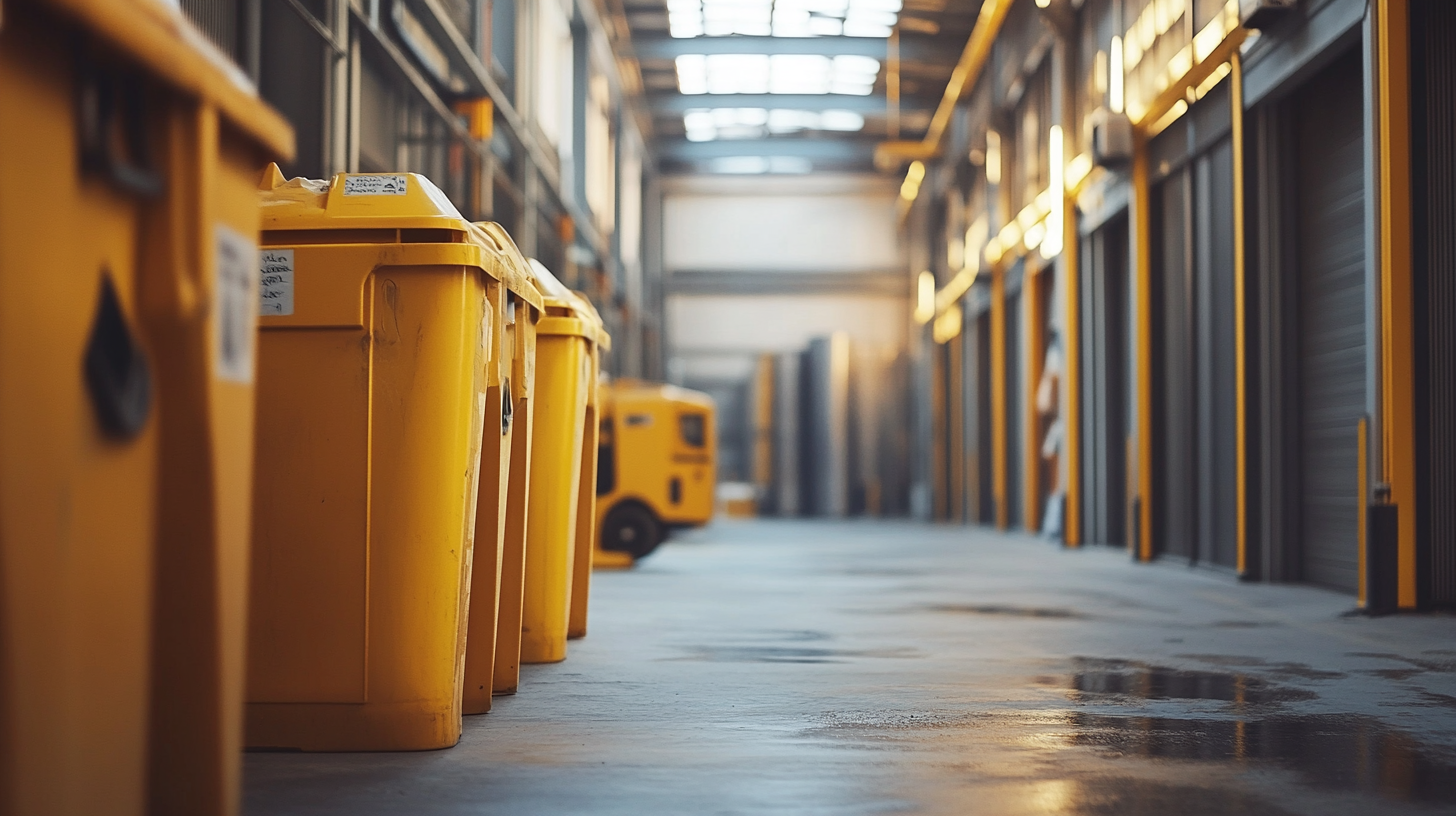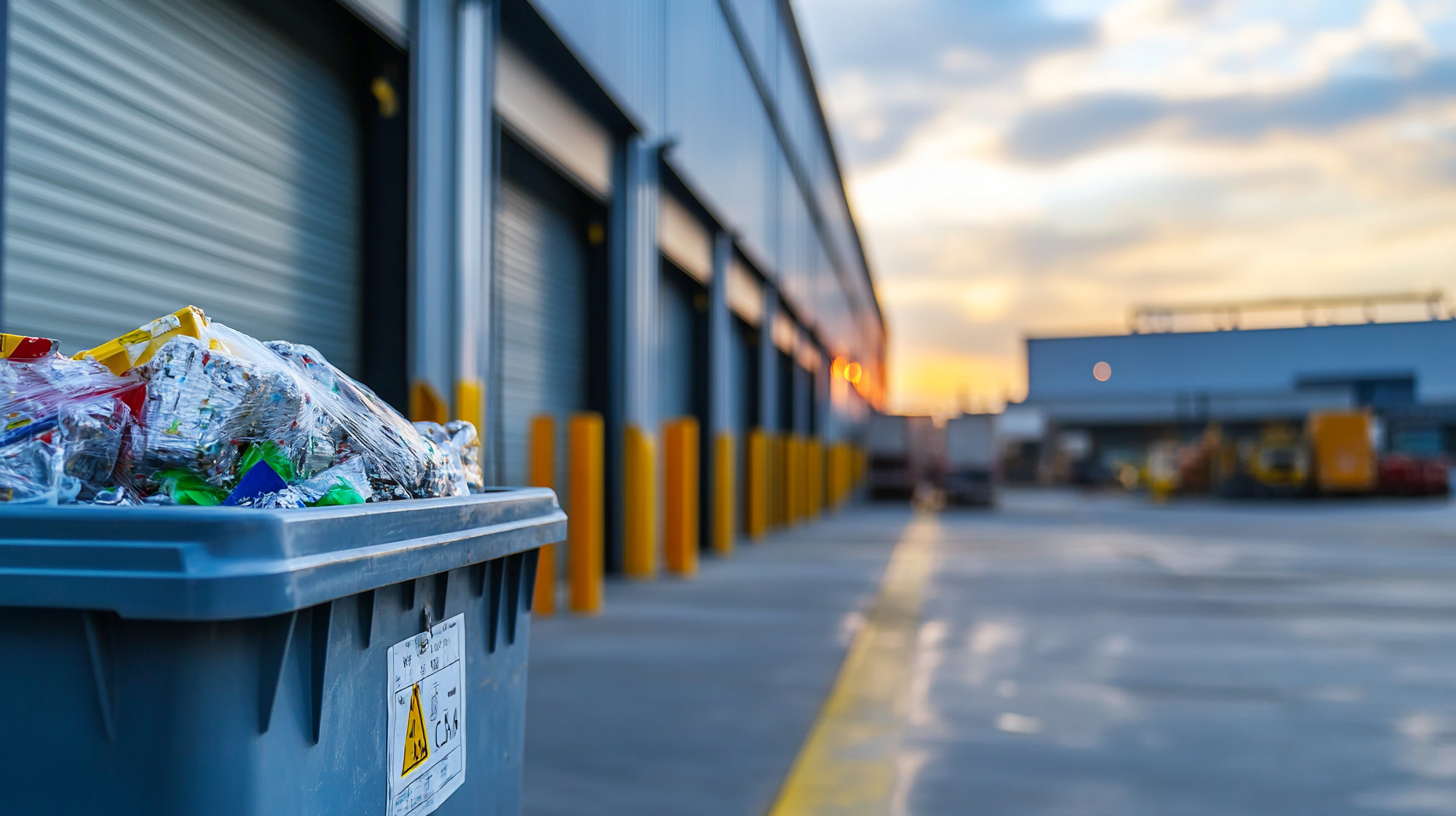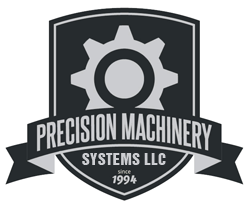Essential Compliance Standards for Importing Commercial Compactors Globally
To echo the opening statement, in a competitive environment between waste management and commercial efficiency, the death of compliance in the importation of commercial compactors has no small significance. The market for waste management globally will be worth approximately 530 billion dollars by 2027, with a compound annual growth of 6.1percent according to studies by Research and Markets done in 2021. That is why it becomes necessary for businesses to understand the modern regulatory environment as they aim to progress with optimizing their waste disposal processes. Commercial compactors do bring together bulk waste reduction with improved operational efficiency all of which are emphasized by compliance with various international standards for usage-not just for grounding purposes but also for competitive advantage.
Stronger regulations across the globe concerning compliance requirements demand that importers on commercial compactors stay on top of such standards. The International Organization for Standardization (ISO) and American National Standards Institute (ANSI) provide guidelines, which when undertaken make quality and safety in the use of commercial equipment possible among the organizations. This, therefore, calls for striving towards sustainability and cost efficiency at the same time while understanding the main compliance standards for importing commercial compactors internationally would serve as a strategic objective towards a responsible approach to waste management.

Key Regulatory Frameworks Affecting Commercial Compactor Imports
In the imports of commercial compactors, knowledge of key regulatory frameworks is paramount for trade compliance and smooth transactions. Different countries enforce diverse regulations on the importation of machinery with a focus on safety and environmental impact and operational efficiency. Knowledge of these frameworks could assist a lot in reducing risks and regulating compliance. Among the most critical is the enforcement of safety requirements as set out by the likes of the Occupational Safety and Health Administration (OSHA) in the United States or the EU's Machinery Directive. These stipulate technical specifications that commercial compactors must comply with, from their design characteristics to their operational requirements. Importantly, importers must ensure that the equipment is compliant with these standards so as to avoid potential fines, recall of the goods, or even lawsuits. Besides safety regulations, importers also have to consider environmental regulations, such as those on emissions or waste management. Some countries may even require compactors to demonstrate certain operational efficiencies that can enhance sustainability in the industry. Proof of compliance is also vital and sometimes needs to travel with the shipment. Managing the compliance requirements is the key to successful international trade in commercial compactors and certainly helps build a trustworthy reputation in the global marketplace.

Navigating Import Tariffs and Duties for Efficient Compliance
Import tariffs and duties become an integral part of understanding the minutiae of imports, especially when importing commercial compactors, for efficient compliance. According to World Bank reports, tariffs seriously affect the general price of imported commodities as worldwide average tariff rates have stayed close to 8% in recent years. Thus a business importing a commercial compactor, priced over $20,000, may face an additional charge of about $1,600 in tariffs alone.
Apart from the above, Harmonized System (HS) codes are again essential while determining applicable tariffs and duties. Different product categories carry their own specific code, which affects its taxable rate. For example, compactors can be classified differently based on the particular function or competence so that it can attract different duty percentages for different categories. The agency Customs and Border Protection (CBP) in the United States has given importance to the determination of the HS code, as incorrect identification of the code can lead to huge penalties or delays as it brings about the rigidity in compliance.
Furthermore, the business ought to keep up with any trade agreement that may somehow affect the cost of imports. According to IMF, about 50% of the world's trade is under preferential trade agreements, so this would be really helpful when the tariffs are reduced for qualifying imports. Thus, a company would understand that they can perform very well by mastering what these things are all about when importing commercial compactors, thereby getting competitive market advantages and shrinking the cost of compliance while still keeping up with established import obligations.

Essential Environmental Standards for Global Compactor Shipping
The shipping industry is a worldwide important discipline in itself, fostering a balance of economic interest with environmental accountability. The more international trade becomes, the more the environmental standards feel the pressure. The focus on providing basic standards for the environmental acceptance of compactor shipping is of utmost importance since this directly influences the health and sustainability of the oceans. The IMO (International Maritime Organization) reported that shipping comprises about 2.5% of the global greenhouse gas emissions, justifying strict compliance measures to alleviate its effects.
Collaborative engagements within the shipping industry will play a major role in aiding sustainable practices. Cooperative efforts between stakeholders, such as manufacturers, shipping companies, and regulatory agencies, can foster an environment that enables innovation in developing green technologies. A recent example of that commitment to sustainability is the recent delivery of an Aframax oil tanker, which illustrates the industry's commitment to building increasingly efficient vessels with ever-stricter environmental requirements. Such integrity in shipbuilding re-emphasizes the need for very high standards of compliance in the industry.
The advanced technologies that will be implemented, such as no-filter ballast-water management systems, project environmental-friendly shipping. Reports show that more than 50,000 vessels are expected to comply with the Ballast Water Management Convention by the year 2024. Environmental-impact-minimizing solutions are crucial to ensure that maritime operations do not endanger marine life. Adoption of such technologies, therefore, will assist them in complying with the standards set and in the long term goes a long way in conserving our oceans for future generations.

Understanding Safety and Quality Certifications for Compactors
Importing developments in commercial compactors would require an understanding of certification requirements in safety and quality for international compliance. These certifications boost the credibility of said equipment and show that the necessary safety and performance criteria have been met. Different countries have diverse statutes, and hence, familiarizing self with these will ease entry and operating processes.
A good example for such is ISO 9001 that deals with quality management systems in general. Certification to this would mean that the producers are required to ensure regularities in their products' qualities and satisfactory fulfillment of customer needs. Apart from the ISO certificates, there are other particular safety standards one should be looking for, such as CE marking in Europe-for compliance with health, safety, and environmental standards. Similarly, UL marks on products sold in the United States give confidence to consumers that their safety risks have been adequately certified.
While all these exist, the world is fast approaching environmental consideration for most projects. Not only does it tide over the energy-conserving slabs it houses but also extends its beyond reach: Energy star-compliant products are meant to bring in that kind of business. That alone can significantly influence the import process as these cause the goods to be more sellable and also more easily acceptable into some regions.
Best Practices for Documenting and Reporting in Compactor Imports
When importation of commercial compactors takes place on an international level, following compliance standards becomes critically important, as the importance of documentation and reporting cannot be overstated. Proper preparation of paperwork like the bill of lading, commercial invoice, certificate of origin, etc., is essential in importation. According to the International Chamber of Commerce, discrepancies in documentation are among the top causes of customs delay, which would create losses in millions. Furthermore, improper documentation accounts for as much as 70% of all customs compliance problems, according to the ICC; hence the need for proper reporting.
Importation compactor documentation and reporting best practices will start with keeping an exhaustive checklist for all required documentation based on each country’s regulations. This is necessary as countries such as the United States and the European Union have stringent environmental and safety standards followed by almost always the need for supplementary certification. According to the findings by the World Customs Organization in 2022, a standardized documentation process can lead to clearance time being reduced by 30%, emphasizing efficiency gained through due diligence.
A knowledge base of recent compliance regulation changes is likewise paramount. The international trade environment is dynamic, with several countries constantly updating their import rules. Trade compliance software can assist in keeping importers updated and ready, which minimizes the chances of penalties. With non-compliance incidents reduced by 25%, investing in compliance technology is a worthy investment for commercial compactor importers, according to a Deloitte report.
